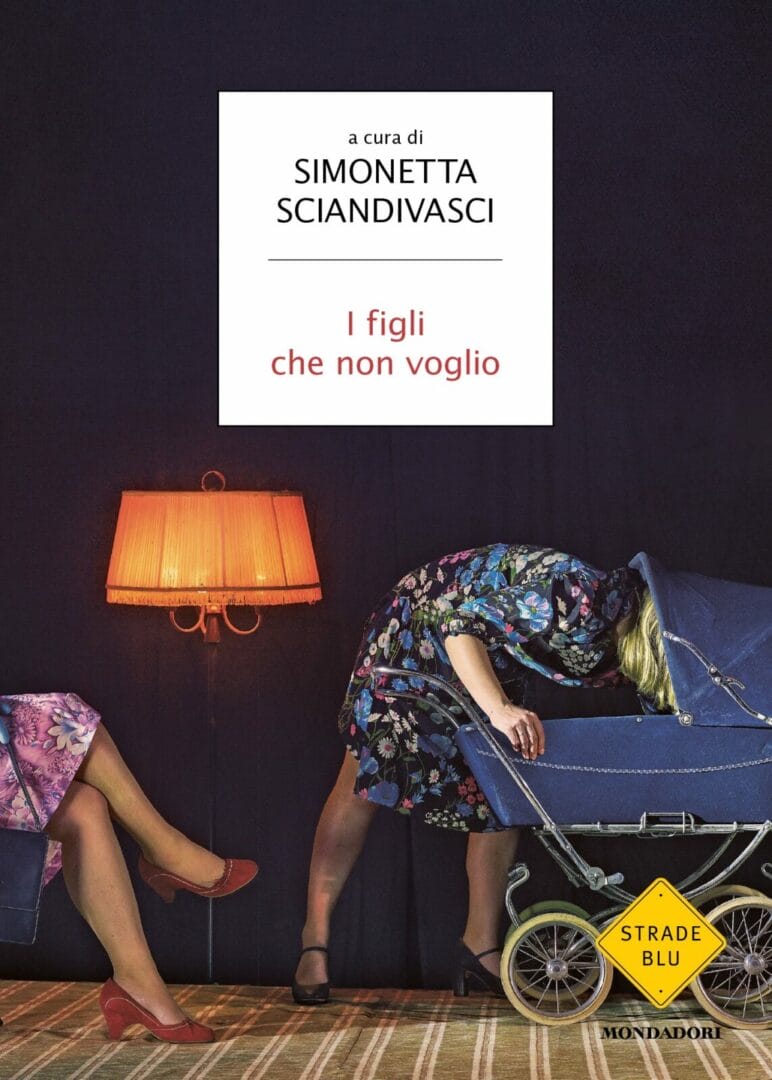I figli che non voglio

A roundup of unorthodox interventions, full of intelligence and critical sense, an essential vademecum for anyone interested in the topic.
A discussion that gives us excellent tools to "stop thinking that demographic winter is a moral or economic issue: it is, instead, a matter of perspective, imposing new lenses; it is a matter of political geography and reorganization of the world according to new criteria."
Demographic winter: and before us lie barren, frozen plains to put Game of Thrones to shame, echoes of Shakespearean tragedies resound in the mind.
No more children are being made in Italy, where will our civilization go, but most importantly: who will pay our pensions? But what is the point of insisting that the only way to keep the system going is to procreate, even where women - to be precise, a minority of women quantified by ISTAT as 5 percent - despite being in a position to have children, do not want them? With respect to the issue of motherhood, schematism often win out and women find themselves represented either as victims of a country in which having children is a privilege - the precariousness of work, low wages, inaccessible kindergartens, the welfare state that does not provide as it should - or as a handful of cynical, superficial, careerists and future repentants destined for a lonely old age embittered by the regret of not having reproduced.
Between these two poles there are the real people, to whom the interventions collected in this book give voice.
Many women, but also some men, who have taken up the challenge launched by Simonetta Sciandivasci with lucidity and irony in the pages of "Mirror," a cultural insert of "La Stampa," a challenge to question why one becomes a parent or not, to reason about the different possible physiognomies of a family.